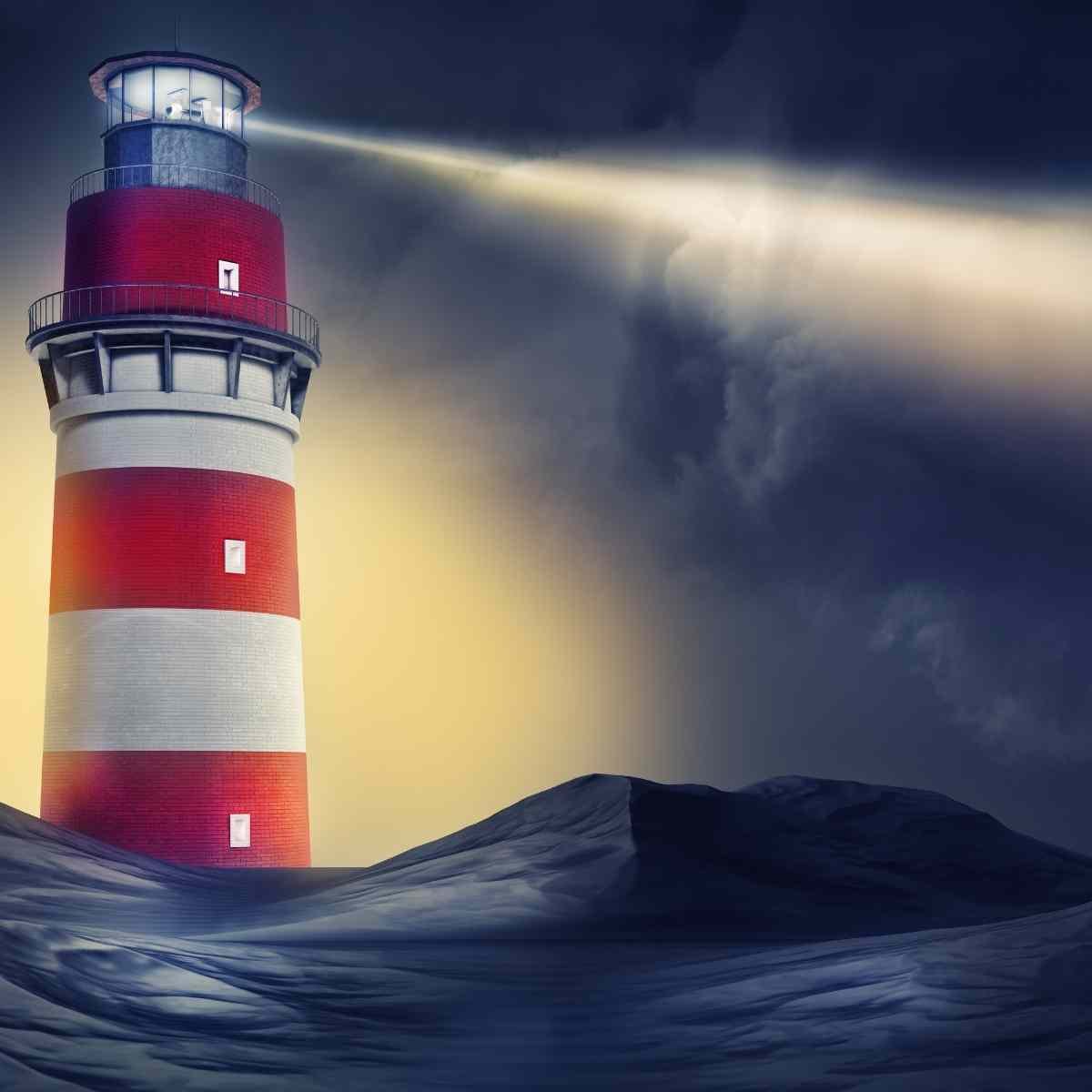Biodiversity: We Know We Are The Problem But Can We Also Be Part Of The Solution?
- Chloe C
- August 26, 2022
Biodiversity: We Know We Are The Problem But Can We Also Be Part Of The Solution?
Very rarely does a week go by without the climate change emergency trending or being mentioned. Young environmental activists such as Greta Thunberg make it their mission to keep the deteriorating condition of life on earth at the forefront of peoples’ minds.
However, it is clear that people need to wake up and take some accountability for their environmentally unfriendly activities.
Our food, water, fuel, medicines, clothes, and shelter all greatly depend on healthy vibrant ecosystems. Nature also has restorative effects on mental health and the creation of some new drugs depends on it. So why are we destroying our ecosystems?

Biodiversity loss and ecosystem collapse are one of the biggest threats facing humanity in the next decade but not much is being done to reverse this crisis.
From a young age, we all learn that life is about give and take. However, in the past 50 years, our relationship with the earth has all been take and no give.
Since the 1970s, humanity has been using more resources in a year than the earth can produce. It is estimated that it would now take 1.6 earths to meet the demands we collectively make on nature each year.
Our collective impact on nature is at an unprecedented level in the history of the plant. Human activity has greatly altered three-quarters of land-based environments and two-thirds of the marine environment.
This has resulted in different species’ ecosystems being destroyed and as a consequence, it is estimated that one million species are threatened with extinction. More alarmingly, only 3% of the world’s land remains ecologically intact.

However, the worrying fact is that the situation is not getting better, it is getting worse. The loss of life on earth has been intensifying and accelerating since the 1970s. Even more worryingly, if we keep going the way we are projections indicate these losses will accelerate and intensify even more in years to come.
If current trends continue, scientists predict that by 2100 the surface of the earth will warm on average by 11 degrees Fahrenheit or even more. It is impossible to predict how most species and ecosystems will react to this extreme warming, but the effects are likely to be catastrophic.
The warning signs can no longer be ignored, people need to stop sleepwalking and wake up and see the damage that we are doing. We are causing this problem, but we can also be part of the solution by working together.
We are once again seeing that collaboration is key, and everyone needs to work together to stop and reverse the decline of our ecosystems.
The loss of biodiversity and its detrimental effects on ecosystems is affecting the quality of human life. Many scientists believe that the risk of future pandemics will increase unless we mend our relationship with nature.

Despite lots of evidence to prove the connection between biodiversity and human well-being, it has always lacked attention. Other committees such as the UN Framework Convention on Climate Change (UNFCCC) have often received more political attention and funding than the Convention on Biological Diversity (CBD).
There were high expectations and ambitions for the implementation of actions that will protect biodiversity. Dubbed ‘Post-2020 Global Biodiversity Framework’, is a nature counterpart to the well-known 2015 Paris Agreement on climate change. The framework includes commitments designed to stop the decline of nature. Biodiversity was supposed to be centre stage in 2020 at a global conference. However, the Covid-19 pandemic hit, and travel was paused.
All parties are meeting again in December, the framework emerging from this meeting must be successful, failure is not an option. If the framework created at the Montreal COP in December is weak and lacking ambition, it is future generations that will suffer greatly and have to pay the price.
Last year, almost all EU member states signed the ‘Leader’s pledge for Nature’ which committed them to reversing biodiversity loss by 2030. With biodiversity being given more of the spotlight, many people are hopeful that this won’t just be another false promise and that real changes will be made.
It is clear that the time for words is now over, if we are to have any chance of winning this war, we need to act now. We are part of the solution and collaboration is our greatest weapon in this battle.






